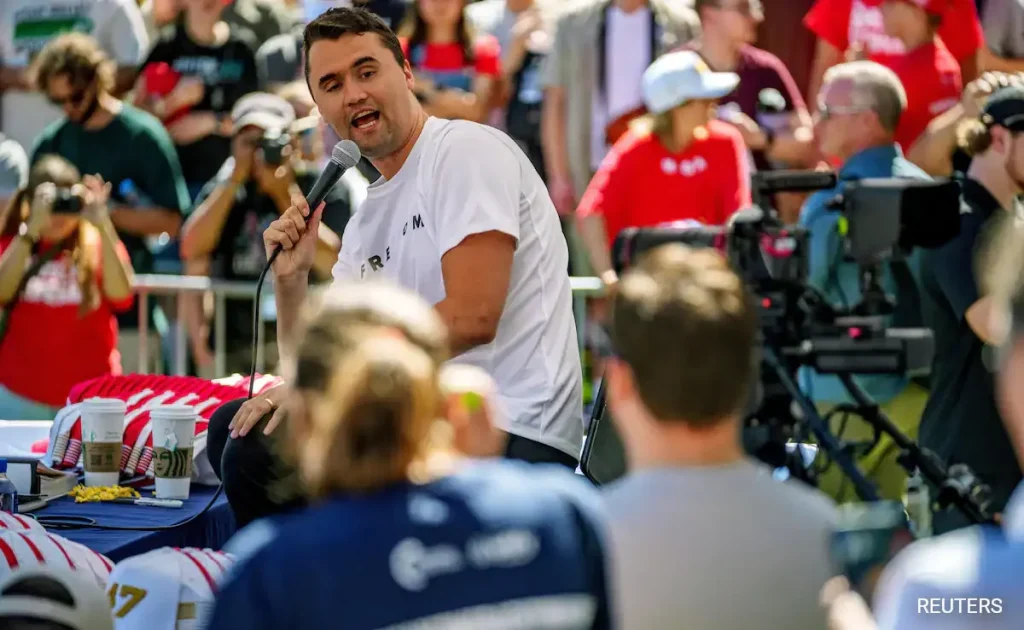The U.S. State Department has revoked visas for six foreign nationals whose social media posts appeared to endorse or justify the assassination of conservative activist Charlie Kirk.
Announced on Tuesday evening, October 14, 2025, the decision underscores a firm stance against those promoting hostility toward U.S. citizens.
This move signals a broader push to monitor online content amid tightened immigration policies.
Visa Cancellations Target Inflammatory Posts
The State Department identified posts from individuals across multiple countries, now barred from entering the U.S. The cases include:
- An Argentine who claimed Kirk spread hate and deserved suffering. Visa revoked.
- A South African who ridiculed mourners, calling Kirk’s death a failed extremist stunt. Visa revoked.
- A Mexican who said Kirk’s fate fit his divisive views and implied some deaths benefit society. Visa revoked.
- A Brazilian who tied Kirk to radical events, stating his demise was overdue. Visa revoked.
- A German who praised the killing as a win for democracy. Visa revoked.
- A Paraguayan who insulted Kirk, linking his fate to his actions. Visa revoked.
The department stressed its commitment to protecting American values by enforcing immigration laws against those who glorify violence.
Kirk’s Assassination Sparks Controversy
Charlie Kirk, the 31-year-old founder of Turning Point USA, was fatally shot on September 10, 2025, during a Utah campus event.
The former president posthumously awarded him the Presidential Medal of Freedom, hailing him as a champion for young conservative voters. Kirk’s death ignited fierce online debates, fueling the controversy over these visa actions.
The polarized reactions highlight deep political divides, with some praising Kirk’s activism and others criticizing his influence, amplifying the significance of the State Department’s response.
Broader Social Media Crackdown
This action aligns with heightened scrutiny of online content. Over 145 Americans reportedly faced job losses or suspensions for similar comments about Kirk’s death.
A senior State Department official had warned that visas could be revoked for such posts, urging citizens to report foreign nationals’ offending content.
Consular officials are now acting swiftly against posts seen as rationalizing violence against Americans, reflecting a proactive approach to digital oversight.
Stricter Immigration Measures
The revocations are part of broader immigration reforms. Since June, visa applicants, especially students, must submit social media details for review.
This policy has led to thousands of visa cancellations in 2025, often linked to security concerns or protest involvement tied to global issues.
The State Department’s focus on digital monitoring aims to safeguard national interests, prioritizing security in visa approvals.
Balancing Security and Free Speech
These visa cancellations raise questions about balancing security with open discourse. The U.S. stance may strain ties with some nations while reinforcing domestic protections.
Kirk’s case highlights the challenges of governing in a digital era, where online words carry real-world consequences.
As policies tighten, the debate over free expression versus safety intensifies. The State Department’s actions signal a commitment to shielding citizens, but the path forward remains complex.






